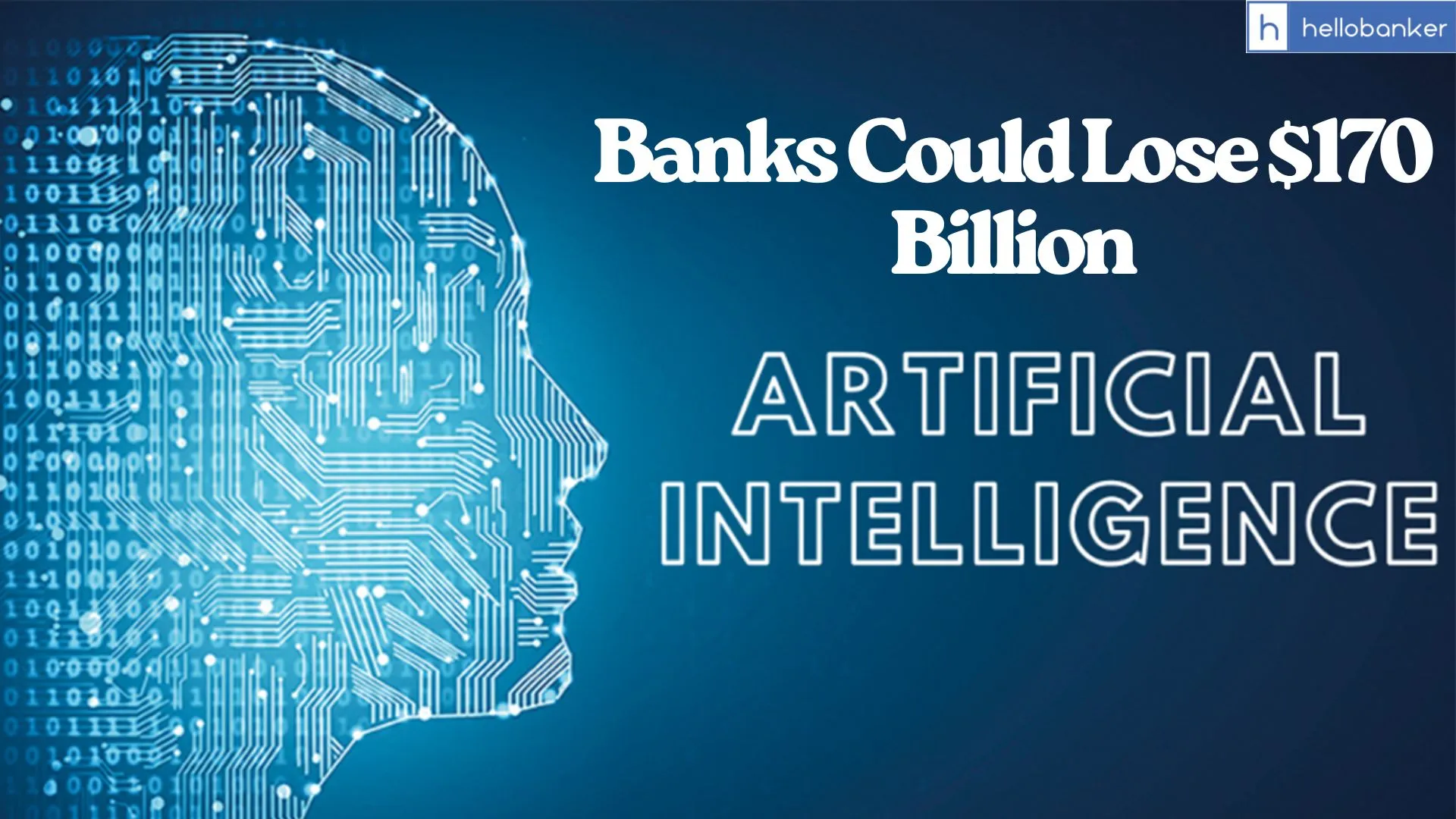Banks Could Lose $170 Billion due to Artificial Intelligence

Artificial intelligence (AI) is changing how people manage their money, and banks may not be ready for it. According to a new report by McKinsey & Company, banks could lose as much as $170 billion in profits if they don’t adapt their business models to this new reality.
What’s Changing?
Customers are beginning to use “agentic AI” — advanced, self-learning bots that can make smart financial decisions on their behalf. These AI tools can automatically analyse interest rates, compare financial products, and move money to where it earns the most.
Imagine having an AI assistant that says, “You could save $2,000 a year by shifting your savings to another bank account.” That’s what agentic AI can do. It removes the hesitation or “inertia” that keeps people from moving their money to better options.
Why It Matters for Banks
Right now, U.S. consumers hold around $23 trillion out of a total $70 trillion in bank deposits in accounts that pay little or no interest. Banks rely heavily on this cheap source of funding to make profits.
If customers start using AI tools to move money into higher-yielding accounts or investments, banks will have to pay more interest or lose deposits altogether. McKinsey estimates this could lead to a 9% fall in profits, pushing average returns for banks below their cost of capital — which means banks could earn less than what they spend to operate.
Can AI Also Help Banks?
Interestingly, AI isn’t just a threat — it’s also an opportunity. McKinsey says that using AI could help banks reduce costs by 15–20% through automation, better customer targeting, and improved decision-making.
But there’s a catch: as more banks start using AI, competition will cancel out the benefits. The cost savings will likely be passed on to customers in the form of better interest rates or services.
Early Adopters Have an Edge
Banks that act early and adopt agentic AI before their competitors could enjoy a temporary advantage. They can streamline operations, improve customer experiences, and protect their margins — at least for a while.
As McKinsey’s senior partner Pradip Patiath explains, “Those who move first will enjoy a short-term edge before the water level resets.”
